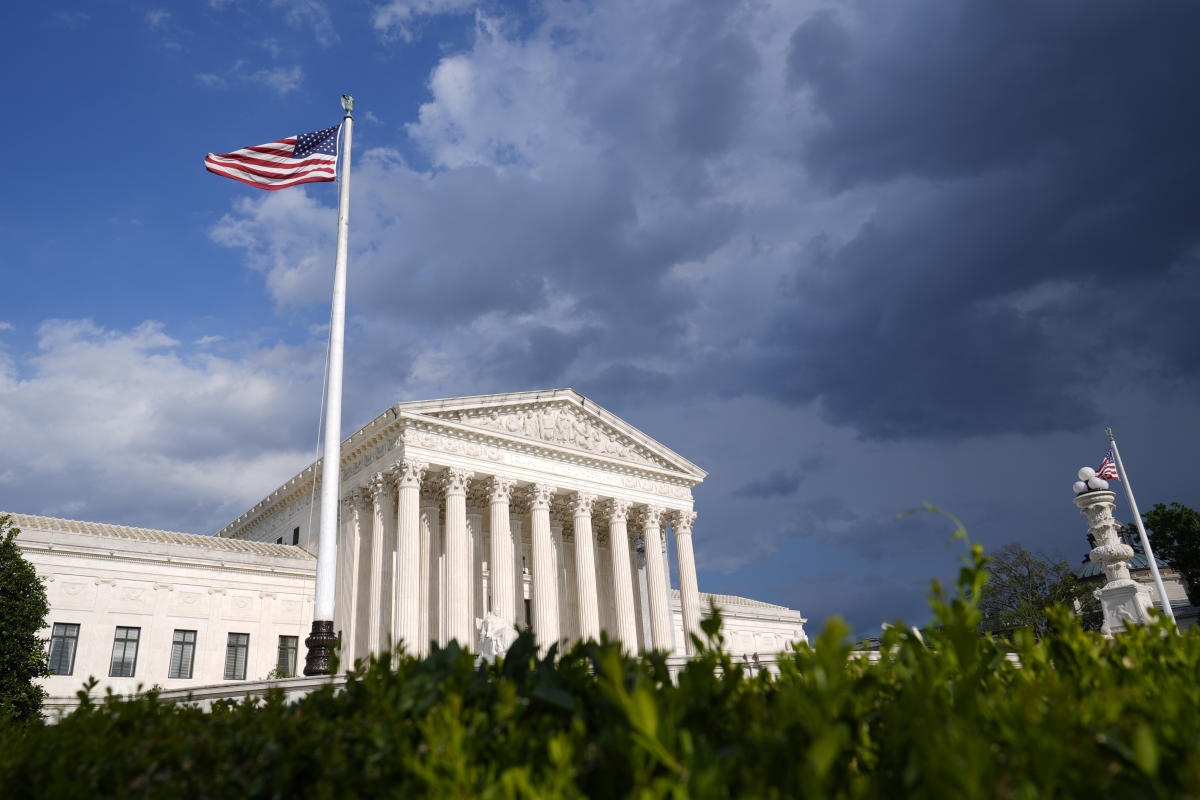The week’s strikes via Iran and Pakistan on each other’s territory are part of decades of tension, which have been renewed due to major events in the Middle East lately, according to The Hill.
Per The Hill, the two nations have had “complicated” relations since the 1979 Iranian Revolution.
The existence of terrorist groups in southeast Iran and southwest Pakistan also creates tensions and explains recent strikes between the two nations, BBC reported.
Why did Iran and Pakistan strike each other?
Pakistan announced Thursday that it had launched airstrikes against alleged terrorist hideouts inside Iran, according to The Associated Press. The strikes, which killed nine people, followed a similar attack from Iran on Pakistan two days earlier.
The Iran-Pakistan border, particularly Pakistan’s Balochistan province and Iran’s Sistan and Baluchestan province on both sides of the border, is a common hideout for militants, CNN reported. Both nations have fought terrorists for a long time on the border, but Iran and Pakistan rarely attack militants on each other’s soil.
That changed this week. “Internal political pressures” led to Iran and Pakistan striking each other over charges that neither is doing what’s possible to keep terrorists at bay, according to AP.
The Jaish-al Adl and Jundullah militant groups have bases in Pakistan and attack Iranian police and soldiers, while the Baluch Liberation Army is in Iran and has fought Pakistan for decades, The Hill reported.
Middle East chaos and Iran
The airstrikes on terrorists come not long after Iran struck targets in both Iraq and Syria, according to BBC. Iran has accused both the Islamic State and Israel’s Mossad spy agency of being part of a bombing in Iran that killed 84 people. Iran said that it struck both organizations, BBC reported.
In addition to its own military action, Iran’s proxies like Hezbollah and Yemen’s Houthis continue to pursue activity, according to CNN. Iran has much to gain from the dysfunction, per CNN.
“… Iran’s dominant position in the Middle East, in contrast to conflict-ridden nations like Yemen and Syria, means it stands to gain from regional instability and ‘filling power vacuums.’ And Iran’s activities now serve to further several of its main goals, which include empowering Palestinians and counteracting American influence in the Middle East,” CNN’s report read.
Signup bonus from





